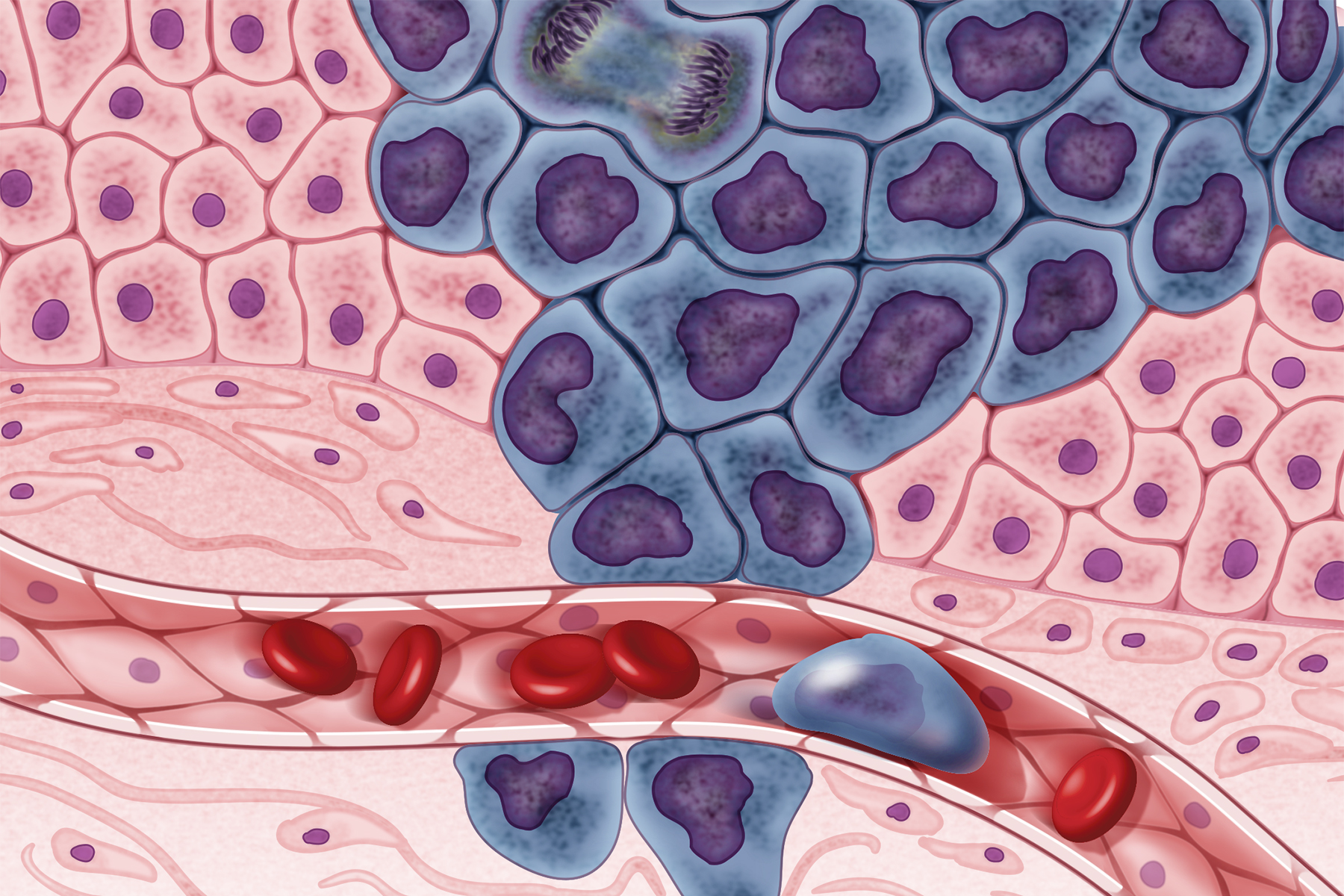Aggregated News

Image by NIH Image Gallery from Flickr
Penn Medicine’s patients of color are far less likely than white patients to receive a novel gene therapy pioneered there and hailed as a cure for some blood cancers, new research shows.
Researchers at the University of Pennsylvania found significant racial disparities in who gets treated with chimeric antigen receptor T-cell therapy, known as CAR-T, a treatment that involves genetically modifying white blood cells to attack cancer.
Patients from nonwhite racial and ethnic groups accounted for about 16% of lymphoma patients at Penn’s Abramson Cancer Center between 2018 and 2022, but just 7% of lymphoma patients who received CAR-T therapy, according to a study published in March in the New England Journal of Medicine Evidence.
The study did not explore why patients from underrepresented racial groups are less likely to receive CAR-T. But researchers suspect the problem is rooted in a mix of socio-economic and systemic barriers that contribute to much of the racial disparities in health care: cost, travel, language, health status, and doctors’ racial bias.
CAR-T is considered the ultimate in...



